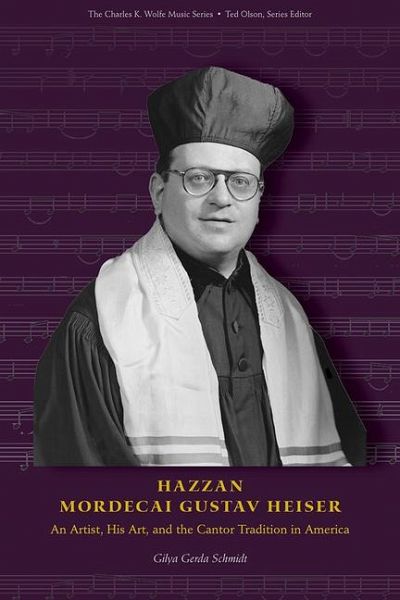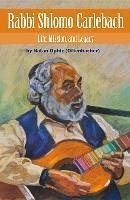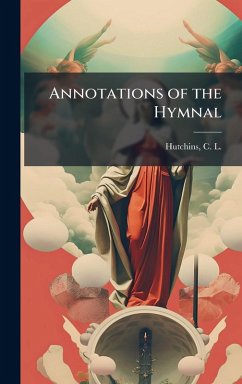
Hazzan Mordecai Gustav Heiser
An Artist, His Art, and the Cantor Tradition in America

PAYBACK Punkte
21 °P sammeln!
"When Gilya Gerda Schmidt met him in 1986, Cantor Heiser had spent forty-six of his eighty-one years as a US citizen. He had assumed the cantorate at Congregation B'nai Israel in the East End of Pittsburgh, Pennsylvania, in 1942. A master of the cantor's art, he was renowned for his style, arrangements, and deeply affecting voice. In this book, Schmidt melds decades of archival research, conservation efforts, family interviews, and trips to Jerusalem and Berlin into a critical reconstruction of the life and vision of Hazzan Mordecai Gustav Heiser in the multiple contexts that shaped him. Comin...
"When Gilya Gerda Schmidt met him in 1986, Cantor Heiser had spent forty-six of his eighty-one years as a US citizen. He had assumed the cantorate at Congregation B'nai Israel in the East End of Pittsburgh, Pennsylvania, in 1942. A master of the cantor's art, he was renowned for his style, arrangements, and deeply affecting voice. In this book, Schmidt melds decades of archival research, conservation efforts, family interviews, and trips to Jerusalem and Berlin into a critical reconstruction of the life and vision of Hazzan Mordecai Gustav Heiser in the multiple contexts that shaped him. Coming of age in Berlin in the afterglow of the Second German Empire, young Gustav had tasted European Jewish culture in a rare state of refinement and modernity. But by January 30, 1940, when he reached New York with his wife and two-and-a-half-year-old daughter, Cantor Heiser had lost nearly all of his living family relations to the extermination programs of the German Reich, and narrowly survived incarceration at Sachsenhausen himself. While Cantor Heiser's art was steeped in nineteenth-century tradition, Schmidt contends that Heiser's music was a powerful affirmation of Jewish life in the twentieth century. In a final chapter, Schmidt describes his influence on the American cantorate and American culture and society"--













